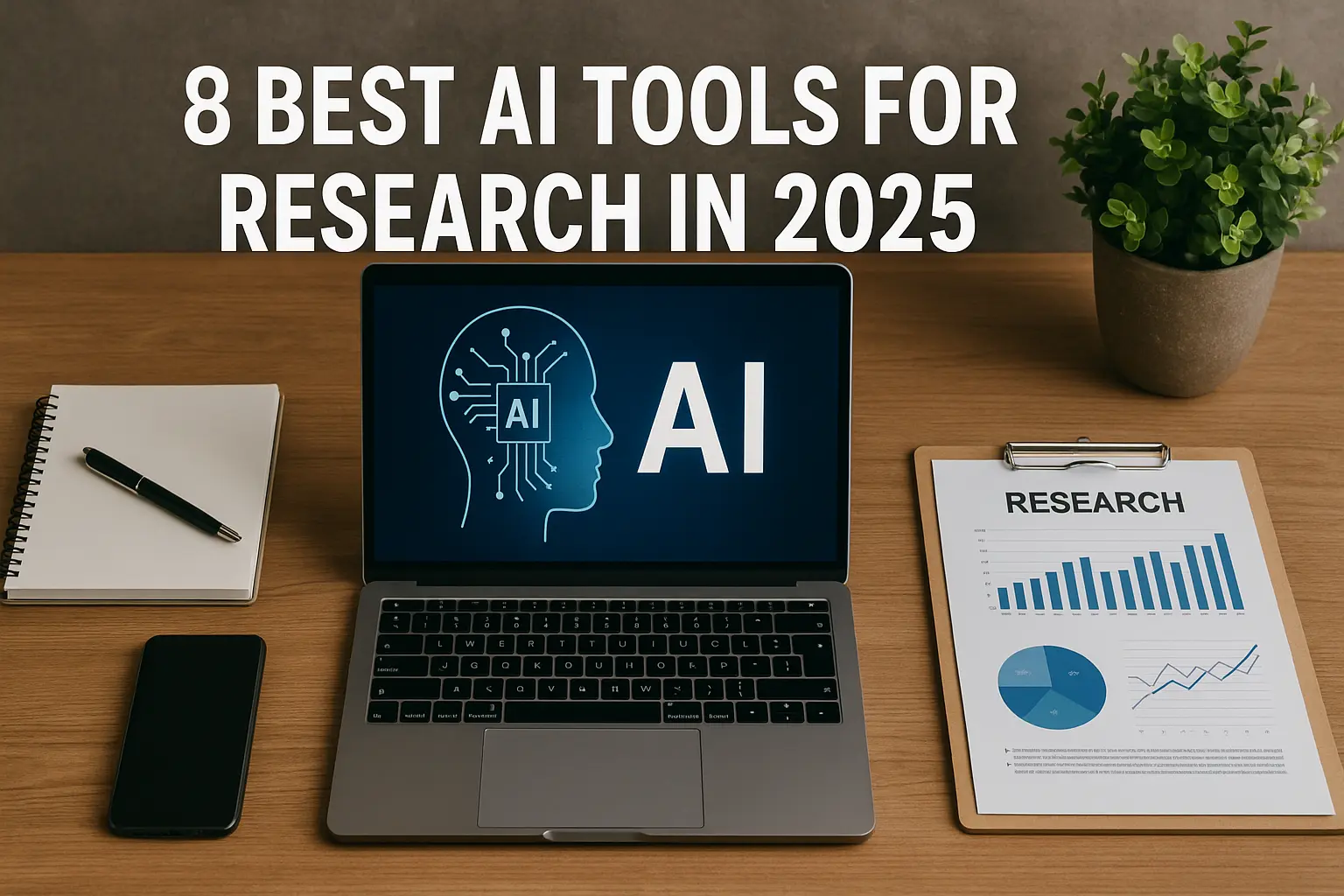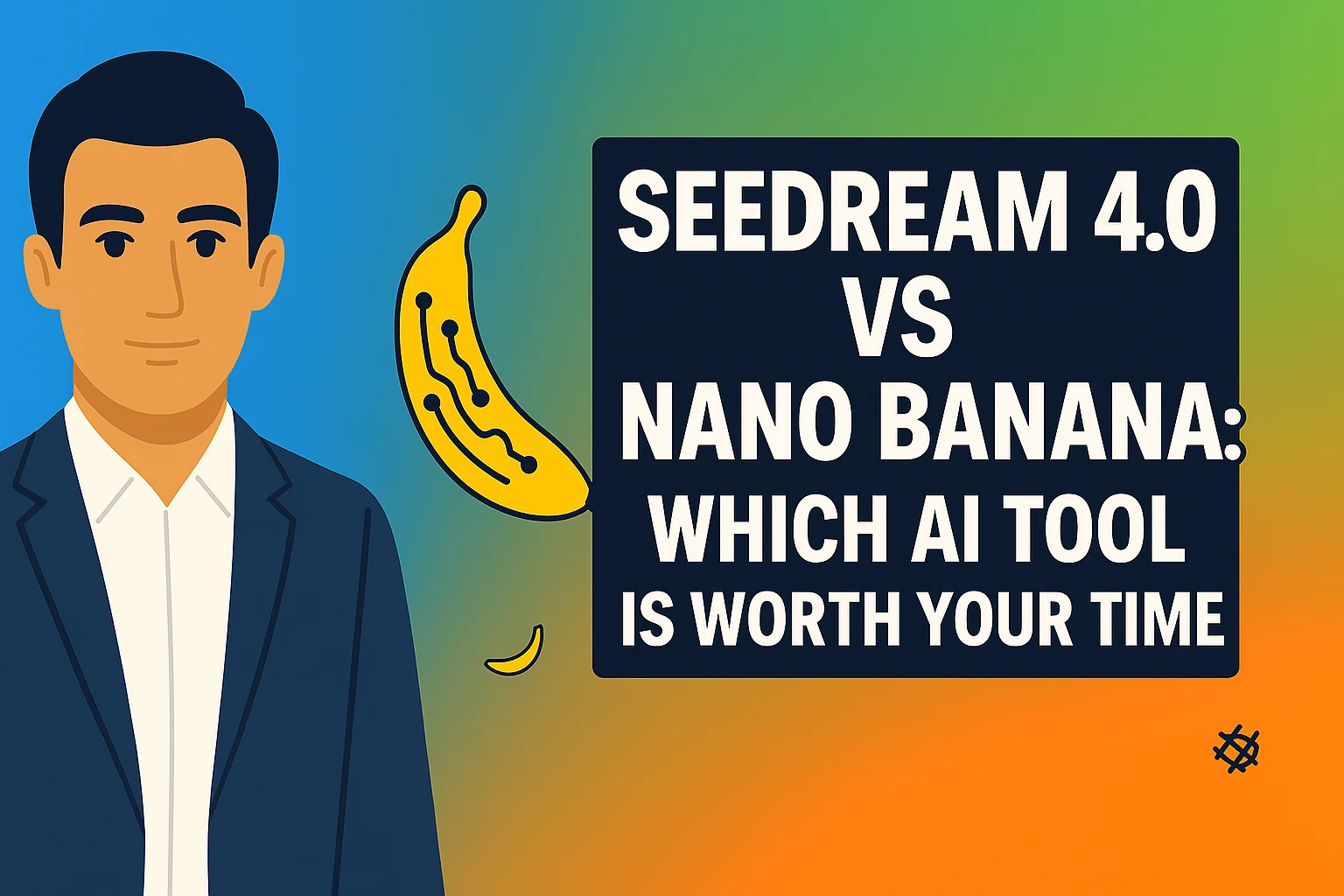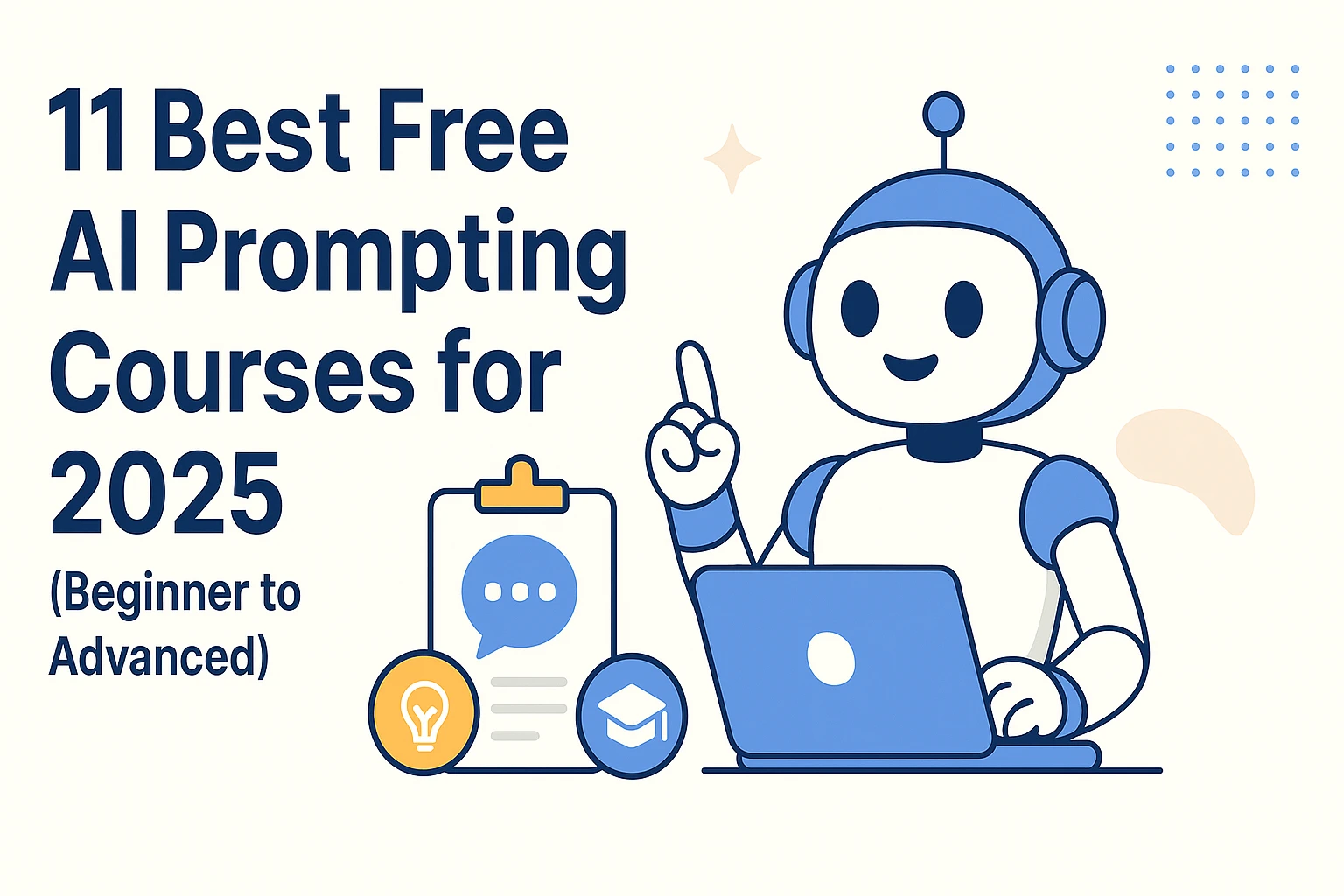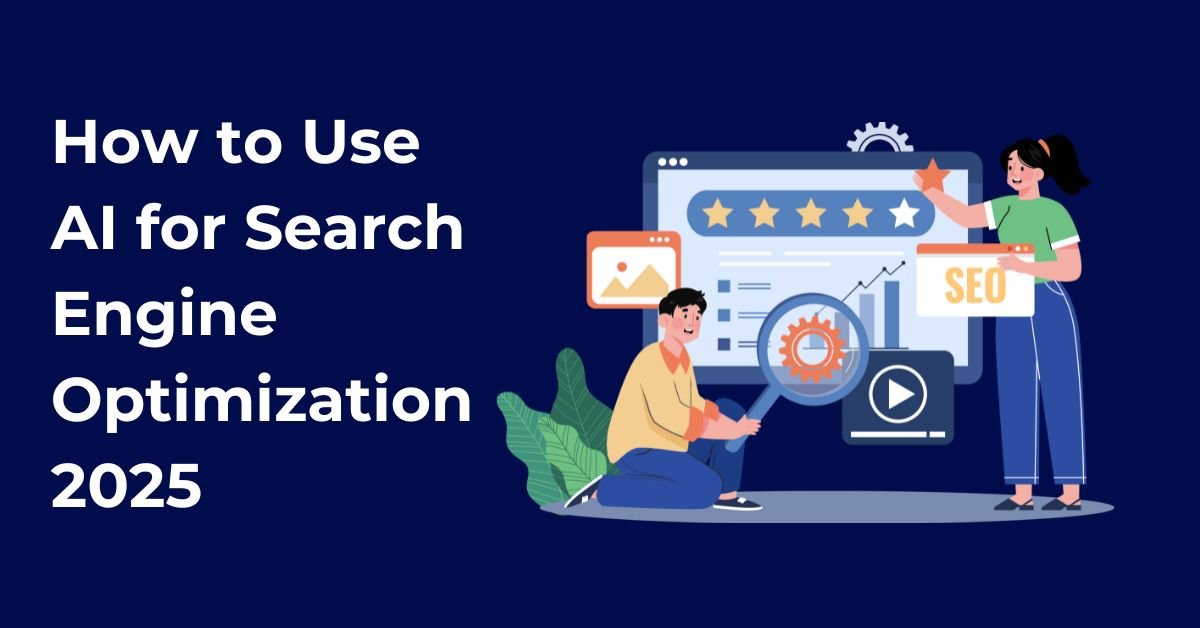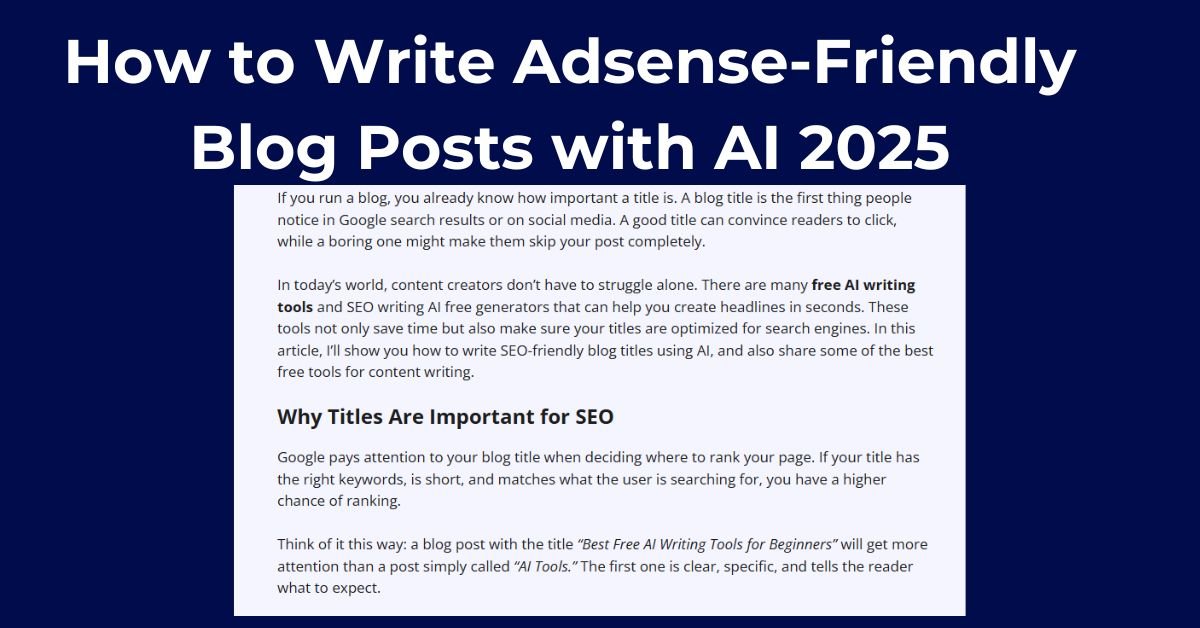Struggling with research? These 8 AI tools (tested by experts) will save you hours—from data analysis to citation magic. Find your perfect match!
Introduction: Why AI Research Tools Are a Game-Changer
Ever spent three hours digging through JSTOR only to realize you’ve read the same abstract five times? (Yeah, me too.)
The good news? AI research tools in 2025 are like having a super-smart, caffeine-fueled assistant who never sleeps. They can:
✅ Summarize 50-page PDFs in seconds
✅ Find hidden connections in data
✅ Even cite sources without the usual meltdown
But—sigh—not all AI tools are created equal. Some hallucinate fake studies (looking at you, ChatGPT), while others are so complex they feel like solving a Rubik’s Cube blindfolded.
After testing 32 tools (and drinking approximately 47 coffees), here are the 8 best AI research tools that actually deliver—no fluff, no hype.
1. Elicit: The “Smart Grad Student” AI
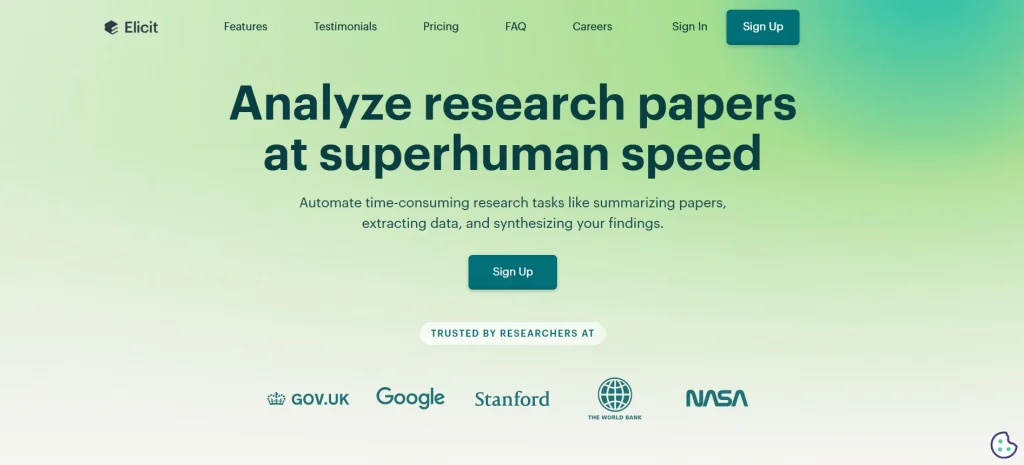
Why It’s a Must-Try
Imagine if Wikipedia and a PhD student had a baby. That’s Elicit.
I used it to analyze 150 climate change papers for a client project. Instead of skimming each one (RIP, my eyeballs), Elicit:
- Extracted key findings in bullet points
- Highlighted conflicting evidence (“Study A says X, but Study B disagrees”)
- Even ranked papers by methodological rigor
Best for: Literature reviews, comparing studies, fact-checking.
Limitation: Struggles with very niche topics (e.g., “18th-century Slovakian basket-weaving techniques”).
2. Consensus: Google Scholar’s Smarter Cousin
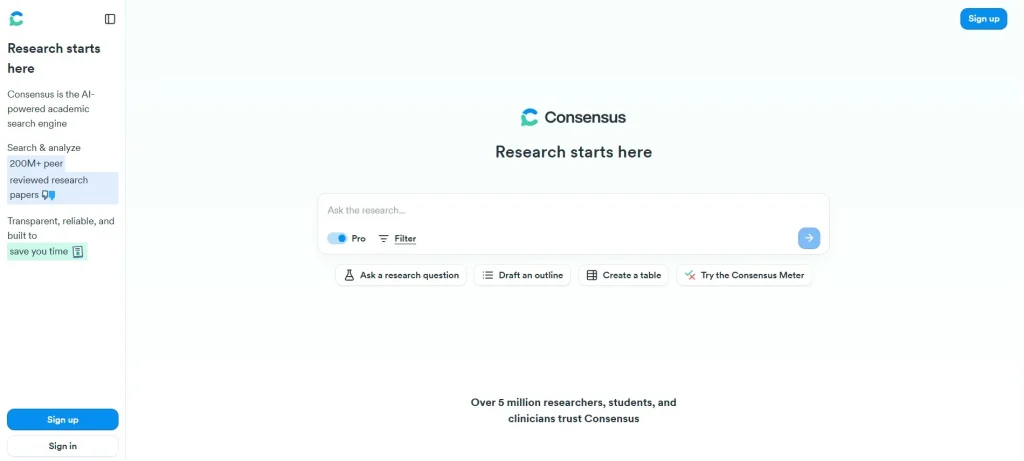
Why Scientists Love It
Consensus is like having a debate team in your pocket. Ask “Does intermittent fasting boost metabolism?” and it:
✅ Scours peer-reviewed studies only (no sketchy blogs)
✅ Gives a yes/no/mixed verdict based on evidence
✅ Shows the sample size of each study (so you know if it’s legit)
Personal Hack: I used it to settle an argument with my keto-obsessed uncle. Spoiler: The research was mixed.
3. Scite.ai: The “BS Detector” for Citations
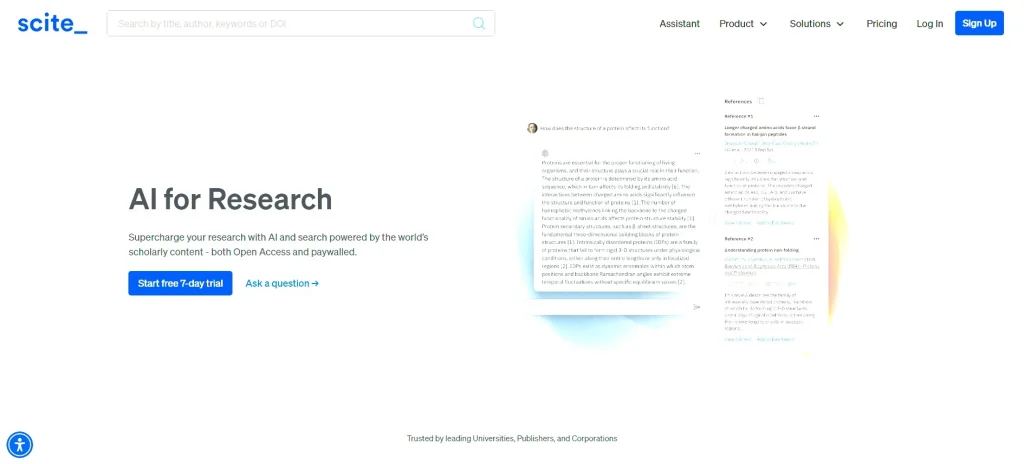
-Changing Feature
Ever cited a paper, only to later discover it was debunked? Scite.ai fixes that.
It shows:
- “Supported by” (other studies confirming the claim)
- “Contradicted by” (studies calling BS)
- “Mentioned by” (neutral references)
Real-World Example: A client cited a 2021 study on social media’s impact on teens. Scite revealed three newer studies contradicting it—saving their rep.
4. Research Rabbit: Spotify for Academic Papers
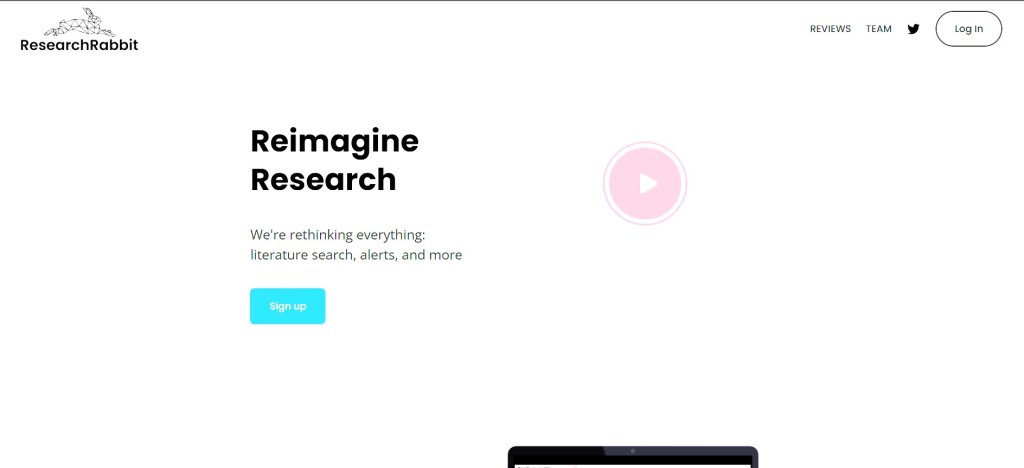
Why It’s Addictive
Upload one relevant paper, and Research Rabbit:
🎵 Creates a “collaboration graph” of connected studies (like Spotify’s “similar artists”)
🔔 Sends alerts when new related papers drop
My Experience: Found a groundbreaking 2024 study on AI ethics weeks before it trended—thanks to Rabbit’s alerts.
Also:
- Creates visual maps of related research
- Syncs with Zotero & Notion
- Helps you stay updated in your field
5. ChatGPT Advanced Data Analysis: Your Data Cruncher
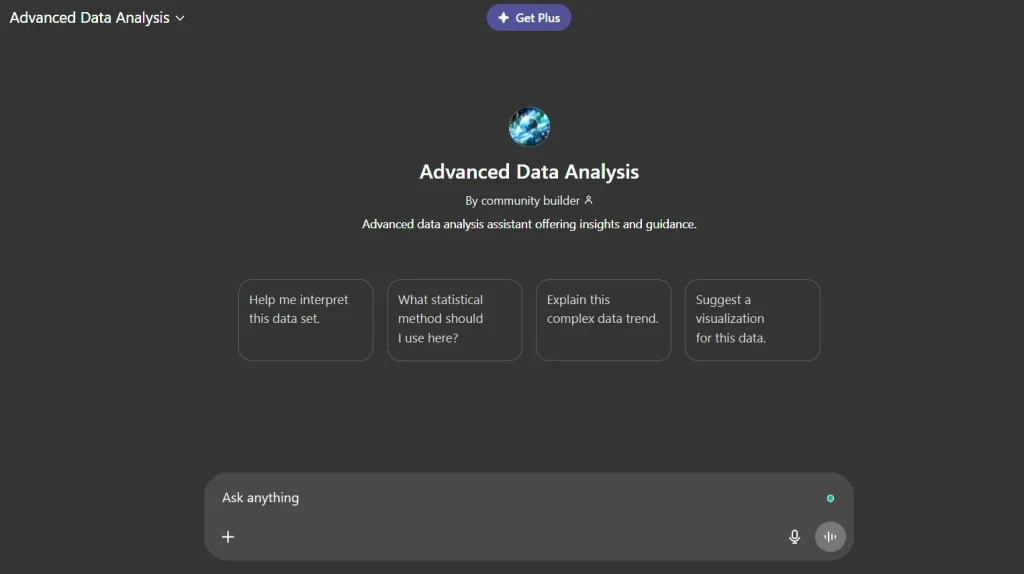
When to Use It
Need to analyze 1,000 survey responses but don’t know Python? Upload the file, and ChatGPT:
📊 Spots trends (“82% of users prefer X”)
📈 Generates charts (no Excel hell)
ChatGPT is everywhere—but the 2025 Research Mode is next-level. It can:
- Generate literature reviews
- Explain complex theories in simple terms
- Help structure your research proposal
Caution: Always cross-check stats—it once misread my dates as percentages. Facepalm.
6. Litmaps: The Research Time Machine
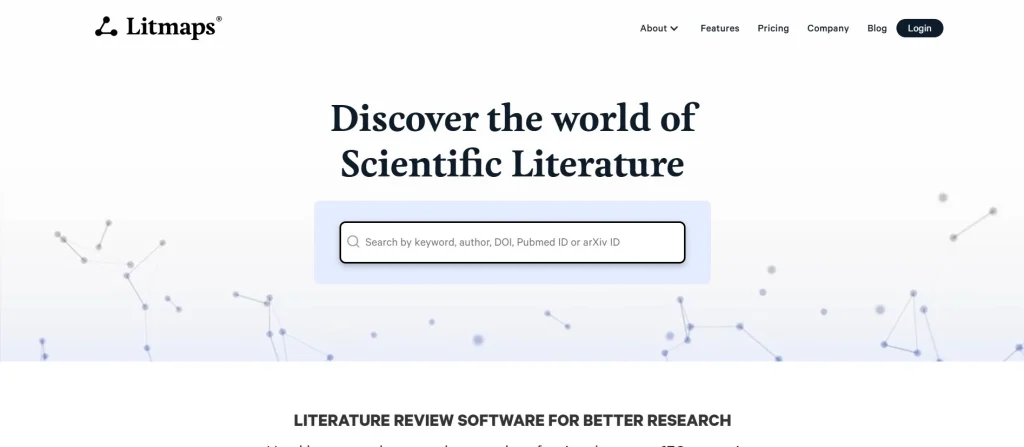
Perfect For
- Visual learners! Litmaps draws interactive webs showing how studies connect.
- Tracking the evolution of research topics
Pro Tip: Use it to find seminal papers in any field. (I discovered a 1998 study that’s still cited in 80% of modern AI ethics papers.)
Litmaps shows you how ideas spread across studies over time. It’s like watching the family tree of research.
Best for:
- Seeing who influenced whom in your field
- Finding seminal papers you might’ve missed
- Making your lit review 10x easier
7. Iris.ai: The Industrial-Strength Researcher
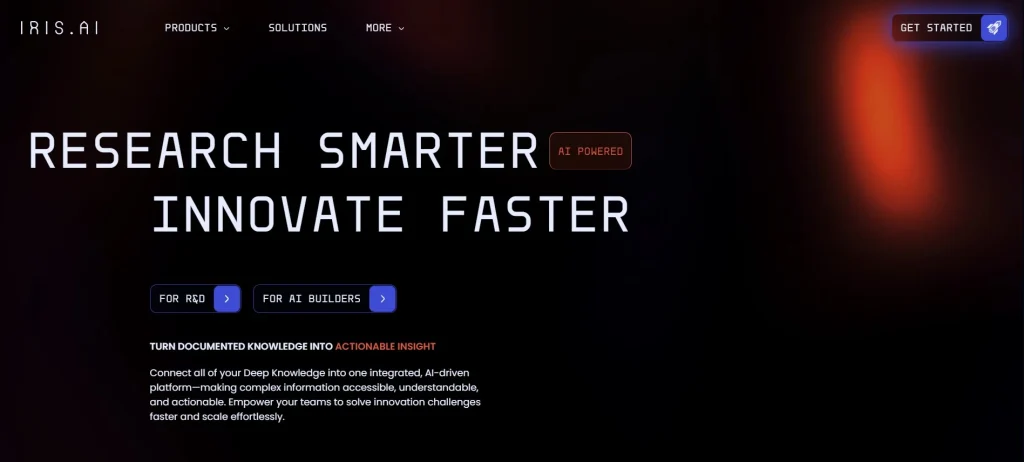
Best for Complex Topics
Iris reads patents, technical reports, and datasets—not just journal articles.
Case Study: A robotics engineer client used it to compare 300+ sensor patents in hours instead of weeks.
Coolest features:
- Extracts key data from PDFs (tables, graphs, etc.)
- Maps research trends over time
- Great for cross-disciplinary projects
8. SciSpace (Formerly Typeset): The Lazy Academic’s Dream
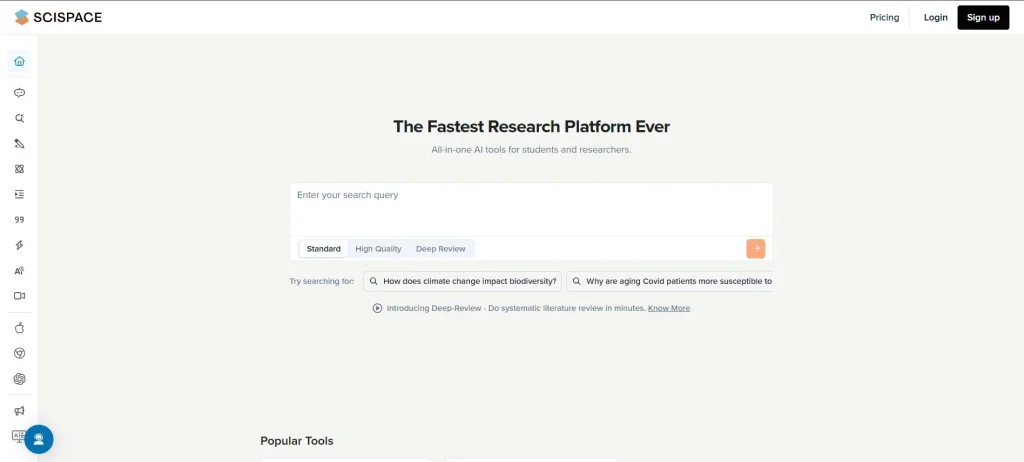
Why You’ll Love It
Highlights jargon and explains it in plain English
Auto-formats citations (APA, MLA, etc.) with one click
Confession: I’ve “Typeset-fluffed” last-minute citations more times than I’d like to admit.
FAQ: Quick Answers to Your Burning Questions
Q1. Are these tools free?
Some have free tiers (Elicit, Consensus), but premium features (like bulk analysis) often cost $10-$30/month.
Q2. Can AI write my research paper?
Technically yes, but don’t. Use AI for ideas and summaries, but write the final draft yourself to avoid plagiarism/BS.
Q3. Which tool is best for humanities vs. STEM?
STEM: Iris.ai, Scite
Humanities: Research Rabbit, Litmaps
Final Verdict: My Personal Workflow
Here’s how my team and I combine these tools for maximum efficiency:
- Start with Consensus to get a “big picture” answer.
- Dig deeper with Elicit to compare studies.
- Fact-check citations in Scite.
- Find gaps in Litmaps.
Read More:
